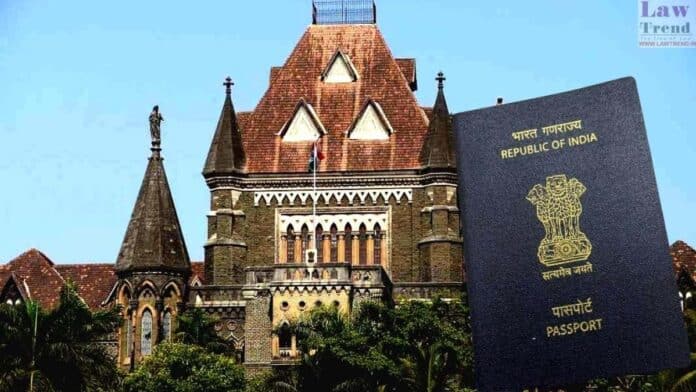The Bombay High Court has reinforced that a minor’s right to hold a passport and travel internationally cannot be compromised by parental disagreements. In a significant ruling on Wednesday, the court directed the Pune Regional Passport Office to process and issue a passport to a 17-year-old girl within two weeks, highlighting her constitutional right to travel as a fundamental part of personal liberty.
The case surfaced after the girl’s father objected to her passport application amid ongoing divorce proceedings with her mother. The Regional Passport Office initially halted the application process, citing the father’s lack of consent. However, responding to a plea filed by the girl’s mother, the high court criticized this decision, emphasizing that the minor’s rights should not be hindered by familial disputes.
Justice Girish Kulkarni and Justice Advaith Sethna of the Bombay High Court underscored that the right to travel abroad is secured under Article 21 of the Constitution, which ensures personal liberty. They stated, “The procedure prescribed by law has to be fair, just, and reasonable, not fanciful, oppressive, or arbitrary.”
The court further noted the girl’s academic achievements and her eligibility for a school-organized study tour to Japan, which her inability to obtain a passport jeopardized. The justices admonished the passport authority for its “mechanical approach” and insisted that modern necessities require a more thoughtful recognition of the right to travel.
Moreover, the court pointed out that the girl’s father had not provided any legal justification for his refusal to consent, nor had he obtained any court order to restrict the passport’s issuance. The decision to demand a declaration from the girl’s mother, as required by the Passports Act in cases of parental disputes, must now be adequately considered and processed by the passport authority.




